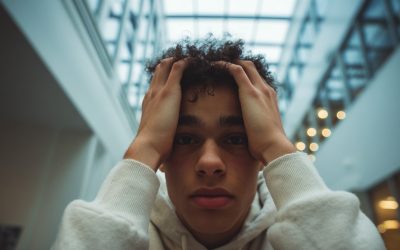Recent findings from the Institute for Public Policy Research (IPPR) and The Difference (An education charity) have brought to light a worrying trend in the education sector: a significant increase in school exclusions across England. Over the past year, both suspensions and permanent exclusions have surged by more than 20%, raising concerns among educators, parents, and policymakers alike.
Key Findings from the IPPR Report
Sharp Increase in Exclusions:
The number of children being moved from state schools to privately run alternative provisions has escalated by 56% between the academic years 2018-19 and 2023-24. This shift indicates a growing reliance on private education solutions, which may not always meet the same standards as state-run institutions.
Financial Implications:
The cost of educating a child in private alternative provisions can be exorbitant, often double that of state settings. On average, councils are spending up to £111,000 per child annually. This financial strain is diverting crucial resources away from mainstream education, potentially impacting the quality of education for all students.
Impact on Vulnerable Groups:
The report highlights that children from low-income families, those with special educational needs, and certain ethnic minority groups are disproportionately affected by these exclusions. This trend exacerbates existing inequalities and poses a significant barrier to achieving educational equity.
The Need for Immediate Action
The IPPR report calls for urgent measures to address the rising exclusions and ensure that all children have access to safe, high-quality education. Recommendations include:
- Enhanced Support for At-Risk Students: Implementing targeted interventions to support students at risk of exclusion, including mental health services, behavioural support, and tailored educational plans.
- Improving Quality of Alternative Provisions: Ensuring that all alternative education settings meet rigorous standards for safety and quality, providing a conducive learning environment for excluded students.
- Increased Funding for Mainstream Schools: Allocating additional resources to mainstream schools to support inclusive practices and reduce the need for exclusions.
Conclusion
The rise in school exclusions is a multifaceted issue that requires a comprehensive and collaborative approach. By addressing the root causes and implementing the recommendations outlined in the IPPR report, we can work towards a more inclusive and equitable education system for all children in England. Sources: The Report: Who Is Losing Learning? — The Difference (the-difference.com) School exclusions rise by fifth in England in past year, study finds | Exclusions | The Guardian Home – FFT Education Datalab




